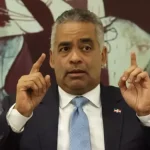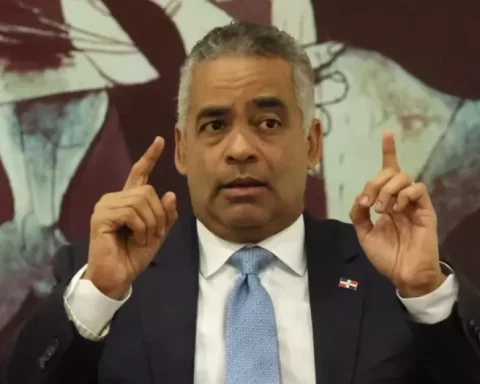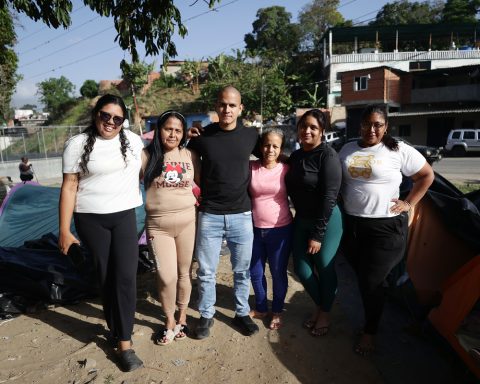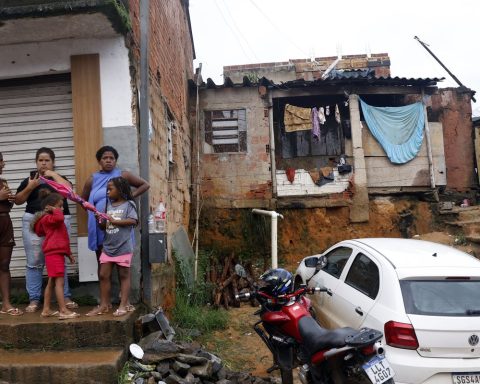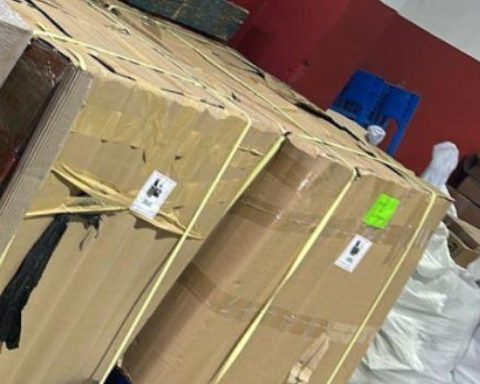The Association of Latin American Industrialists (AILA) requested the President of the Republic, Laurentino Cortizo, to strengthen public policies and prevention, prosecution and sanction measures against cigarette smuggling in Panama, which they assure negatively impacts other countries in Latin America, who are also undermined by this scourge.
A concern that occurs five months after Panama receives the Conference of the Parties to the Framework Convention for Tobacco Control (COP 10) and the Third Meeting of the Parties to the Protocol to Eliminate Illicit Trade in Tobacco Products ( MOP3), an event that will bring together 182 countries party to the Agreement and where the signatory states are expected to issue public policy recommendations and joint declarations against the illicit trade of tobacco products.
Through a letter sent to President Cortizo, the president of AILA, Enrique Egloff, indicated that there is regional concern about the unprecedented increase in cigarette smuggling, which comes mainly from Panama, since it is estimated that approximately 50% of the Illegal cigarettes that are marketed in Latin American countries are distributed from Panama.
AILA, made up of the most representative organizations of private industrial companies in Latin America, highlighted the negative impact that this scourge has on numerous economic and social aspects of the countries. One of them is the effects that it is causing in tax collection: tax losses annually are estimated at more than 1.8 billion dollars, based on the more than 18 billion units of illegal cigarettes that are sold each year in Latin America.
The group that brings together the industrialists of Latin America indicates that when the collection of taxes resulting from the sale of legal cigarettes is affected, “our countries are limited in their internal capacities to have the resources required to generate priority actions from the apparatus public, such as social programs, health, security, justice system, infrastructure, among others.
Concern for symbiosis smuggling-organized crime
The group also mentioned the role of organized crime groups in the global illicit tobacco market. “The symbiosis between the illicit cigarette trade and other forms of international organized crime means that cigarette smuggling from Panama also affects the financial and citizen security systems, in the same way that this scourge affects the Panamanian system,” They indicated in the letter, recalling that organized crime is one of the main challenges facing our region and that it uses the illegal cigarette trade as one of its main tools to finance its operations.
They highlighted their concern that the favorable logistical position of the Colon Free Zone, which has helped it position itself as a great job creator and income generator, has also drawn the attention of criminal organizations to establish operations in this Zone and from there, carry out the distribution of illicit tobacco products to the rest of the region.
Given this scenario, AILA stresses the need for Panama to strengthen its public policies for the prevention of cigarette smuggling, starting in the first instance by reducing the amount so that the illegal activity of smuggling is considered a crime prosecutable by the Public Ministry, which currently Panama sets it at $500,000, while neighboring countries like Costa Rica set it at $5,000.
AILA’s petition joins that of the Federation of Chambers of Industry of Central America and the Dominican Republic (FECAICA), who weeks ago expressed their concern about the lack of effective public policies to combat cigarette smuggling in Panama.
